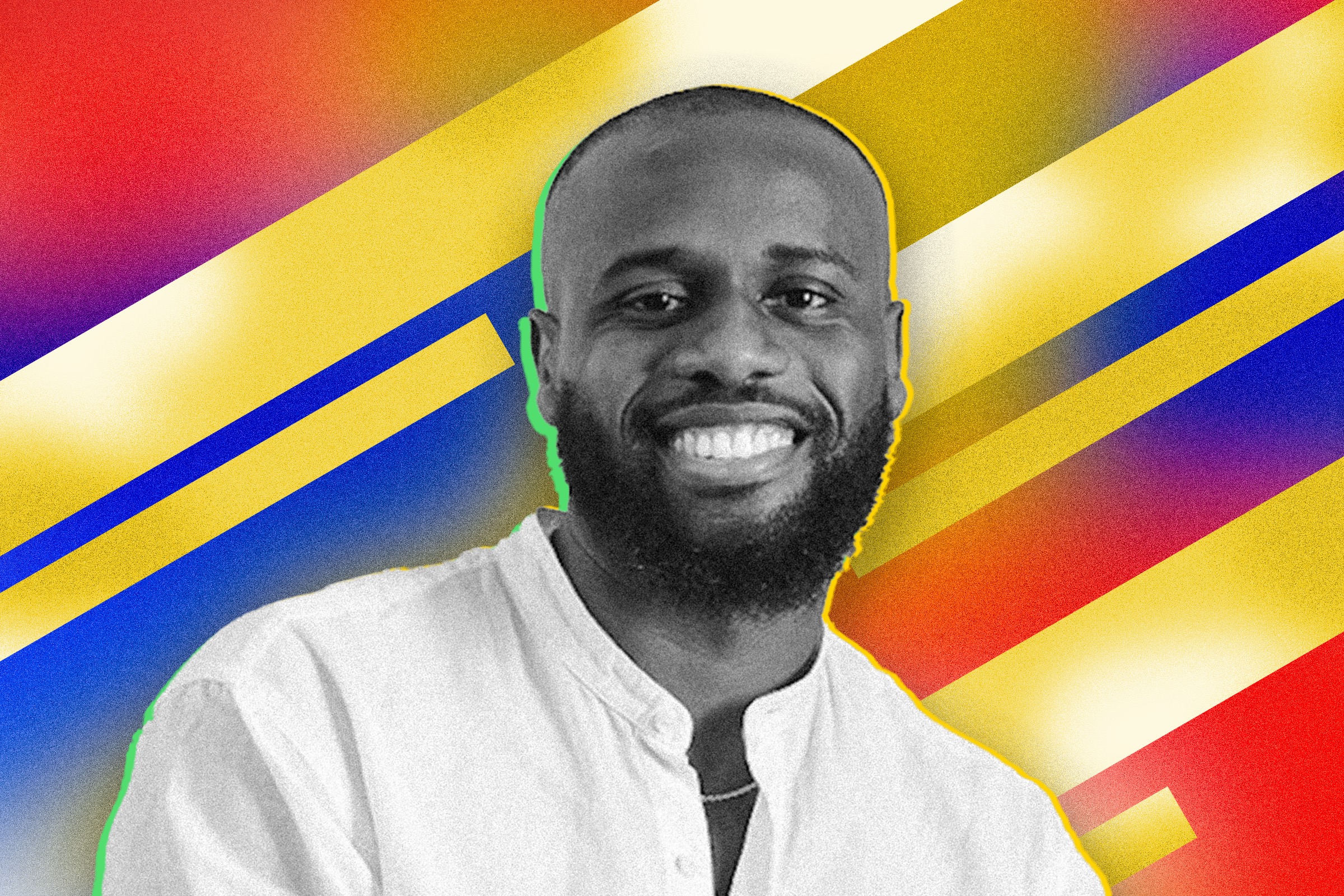The Defining Series was launched to amplify the experiences and testimonies of members of our community. In honor of the Un-Associated 5th Anniversary, we have brought back the community initiative to continue to share stories, triumphs, and challenges as a way to illuminate the journeys of our fellow brothers and sisters in Christ. We have more in common than we realize, especially as young believers in Christ, and The Defining Series serves as a vehicle to connect us through the common thread of God’s presence in our lives and the myriad of ways in which He makes Himself known to us.
Editor-in-Chief Danielle Clayton sat down with San Diego native and founder of Un-Associated, Emmanuel Iheke to reflect on the growth of the ministry and in the faith.
Danielle Clayton: This is The Defining Series: The Anniversary Edition and I am Danielle Clayton. And you are?
Emmanuel Iheke: Emmanuel Iheke.
D: Thank you for joining us. The questions are going to be a little different, but I’m just going to jump right in. We’re almost five years to the date when Un-Associated was founded. How does it feel to be at the five year mark?
E: It feels great. Honestly, all glory goes to God. It feels crazy at the same time because five years has gone by very fast. It’s crazy how different Un-Associated is today from what it was back then. Un-Associated is a spectacle because I see myself as apart of the community as well. I don’t feel like I am the head, the founder or anything like that or that it belongs to me; it’s God’s thing. It feels like a lot of things: part of it is weird, part of it is good and then part of it feels like a very natural step in this process because if this ministry truly is God’s, which it is, of course, it’s going to flourish. This is a stop on the way to wherever He is taking us and this ministry.
D: You alluded to the fact that Un-Associated was different when it started from what it is today, so when you first started Un-Associated and in its embryonic stages, what did you see it being and how does that differ from what it has become?
E: I saw it being a multimedia hub that was pseudo-Christian with subtle tones of Jesus Christ and a focus on cool, pop cultural stuff, but I think that vision was misguided and since then Un-Associated has only become more and more blatantly Christian and with a gradual trust that the Gospel is enough. When people feel like they have to make the Gospel more palatable to people, really, what you’re doing is watering it down and building distractions. It may seem impactful and as though it attracts more attention, but it does not plant genuine seeds. Un-Associated started off as a venture where the vision was to garner global attention and make everybody think Christianity was cool so they can fall in love with Jesus. Now, it’s just we give you Jesus and hopefully, you fall in love with Him, but that’s up to you and Him.
D: I may or may not know the answer to this, but what are you un-associated with?
E: I feel like there’s a million answers to this, but I would say, recently, in my life, I am un-associated with exceptionalism. I’m assuming your next question is why and I think this ties into my previous approach to doing Un-Associated. I’ve always strived to be exceptional because that’s what I felt made any person valuable – being better than other people, being faster, smarter, creative, whatever it was. That’s ultimately what led to the crash I had in 2018 that led to Un-Associated happening. I was trying so hard to be exceptional and I kept falling short of that expectation. There was always someone better than me, so there was always a reason to look down on myself and not view myself as exceptional. That thinking really imprisoned me, especially because in my mind, if someone is better at something than me, then I can’t be exceptional and thus, I don’t have value. I called myself a loser, and I’ve told this story many times before but God called me a winner. I’m beginning to understand who I am outside of this obsession with being exceptional, I’m okay with not being the best and it is so freeing, and I wouldn’t have gotten here without Jesus.
D: I think that’s so important. I work with college students on their personal statements and 95% of their essays are about their good grades, which is yes, an aspect of who they are, but it is not all they are and defining yourself by one thing, to your point, is extremely debilitating. The moment you fail, it feels all-encompassing and it feels like you have failed as a person because that is the one thing that has defined you. My struggle wasn’t necessarily defining myself by one thing but not knowing my own value and myself, which I didn’t know because I didn’t know God. It’s very hard initially to make the connection that a situation doesn’t define who you are as a person but God will show you, this doesn’t mean I’m terrible and it doesn’t discount who I am, but it does show me that there is more to me than I thought.
In the wake of this revelation that you are un-associated with exceptionalism, has there been a moment recently where you felt liberated?
E: Absolutely. It sounds small but after COVID, I had social anxiety, particularly in places where I didn’t know anyone. There were a few times where I would walk into a room, there are a lot of people there and I’m thinking to myself, is everyone looking at me? The Holy Spirit said to me, you are not that important that all these people are actually looking at you, and I actually believe that because I started to accept the fact that I’m not better than anybody else. No one actually cares that much to where the entire room should stop what they’re doing and pay attention to and you’re not all that. The reason why I was even able to get to that point was because, at the time, a lot of my devotion was reading different places in the Bible that illuminate the fact that God is the source of every gift we have. If somebody thinks they’re special because they sing, that’s a gift that God gave you. If you think you’re special because you can run fast, that’s a gift that God gave you. When you look at it like that, it’s hard to see yourself better than anyone else. If we’re all recipients of the things that we have, even if I wanted to see myself as exceptional and better than other people, that wouldn’t actually be a valid conclusion because I’m not the person that made myself who I am today.
D: To get back to the anniversary a bit, I know from things you have shared publicly and privately that this journey has had its ups and downs. Can you recall a moment where you were really discouraged and maybe even ready to throw in the towel until God gave you a sign?
E: In 2020, I had just graduated from college, I was not employed, and I had just moved back in with my parents, which I never thought I’d do. I had no sign of a job and I felt completely useless. It got to a point where I started questioning if I even wanted to continue doing Un-Associated. I felt like I was getting more out than I put in, I was stressed and I felt like my parents and people around me saw as a guy just not excelling. Honestly, I was ready to be done, but of course, I had to talk to the Lord, so I prayed and prayed on it. Imagine God put Un-Associated in my hand and I threw it up in the air. The way I saw it, if it falls back in my hand, it falls back, but if it doesn’t, then it doesn’t. So, I went to talk to my father about it because he’s a pastor, but he’s also a Nigerian man who wants his children to succeed, so I was thinking that he was unhappy about me being unemployed and just doing Un-Associated. I told him what was happening, where I was at in my life and every part of me was expecting him to tell me to give up, but he didn’t. He said, “don’t quit,” and I knew it was God. God showed me that this is about faithfulness and what He has called me to. 1 Corinthians 4:2 says it’s required for every steward to be faithful, and it would have been unfaithful to put Un-Associated down. Un-Associated is an expression of my faithfulness to the Lord.
D: On this five year journey, what have you learned about God and about yourself?
E: I’ve learned that I can be very prideful and that God is very gracious. I spent so much of my life seeking to be better than people and thinking that I’m better than others, and that has fueled so many decisions. God has been so patient and if he didn’t want to use me anymore, I wouldn’t even protest. How could I protest? But we serve a gracious God and what I love about him is not only is He gracious, but He is also a hands-on God that works with us to make us better. We serve a hands-on God so, I’m thankful for Him.
D: What would you say are the top five moments in the last five years that have placed a smile on your face?
E: An easy way to answer that would be our five poetry jams. I will say there was something so spiritual and surreal about that first Poetry Jam. Number two would be the Poetry Jam in January 2022 when our entire came together for the first time and completely hit it off. Number three would have to be this past Poetry Jam in February because going into it, I prayed for God to show me His definition of success and He showed me unity and love amongst His believers both for us as a team and love from our community. I would say number four is coming back from this break from Churchboy Confessions because I was able to do a lot of work on myself. Number five would be meeting you because it was comforting to meet another believer who actually feared and loved the Lord and that’s turned into a five-year friendship that is genuine and we literally do the work of God together.
D: Wow, thank you and what is your hope for this ministry and its future?
E: My hope is that God uses us to continue to help people, even as we get older, to be a resource for Christians, specifically in that stage of transitioning from high school to college. I pray God continues to use us for that.
D: Anything else you like to add?
E: I feel like we’re on the verge of something great.







